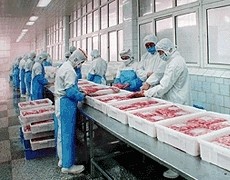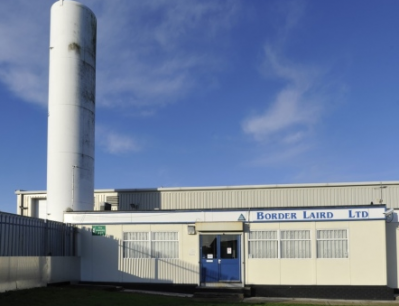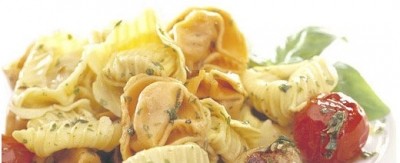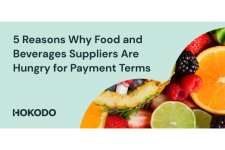Frozen food is ‘more sustainable' than chilled

Assessing a range of carbon emissions – from post-harvest or slaughter to consumption by the consumer – researchers found that a frozen meal for a family of four produced 5% less carbon dioxide (CO2) than its identical chilled counterpart.
The research was commissioned by the British Frozen Food Federation (BFFF) and was carried out by research organisation Refrigeration Developments and Testing (RDT).
But the Chilled Food Association (CFA) claimed the report had “nothing to do with chilled prepared food”.
CFA director and secretary general Kaarin Goodburn told Food Manufacture.co.uk : “The chilled food industry very efficiently produces foods, which have already been prepared. ‘Chilled meals’ referred to in the report is a misnomer as that term refers specifically to prepared prepacked multicomponent foods, sold as a kit or item.”
Misnomer
The RDT report, Carbon emissions from chilled and frozen cold chains, calculated the CO2 for a typical UK Sunday roast meal for four people
It was said to analyse emissions from chicken, peas, carrots, and roast potato cold chains. Under investigation were: primary food processing, transport and storage, retail storage, storage in the home, refrigerant loss throughout the cold chain, consumer transport (from supermarket to home), consumer meal preparation and cooking, and processing and consumer food waste.
The study found emissions for a chilled meal for four people was equivalent to 6.546kg CO2, compared with a frozen meal for four at 6.329kg CO2. Across all of food types tested, all but one of the frozen products had lower CO2 emissions than their chilled counterparts.
Author Judith Evans, fellow of the Institute of Refrigeration and the study’s lead researcher, said: “This report goes some way to debunking the commonly held assumption that producing, storing and consuming frozen food is more energy intensive than chilled products.
“A thorough and rigorous review of the scientific evidence found, within the boundaries considered, frozen to be less CO2 intensive – especially when considering carbon dioxide produced from waste.”
Refrigeration
Brian Young, BFFF director general, told FoodManufacture.co.uk: “Most people’s perception before we commissioned the report would have been that frozen was more energy intensive than fresh. People believe refrigeration and freezing are big elements in terms of CO2 emissions.
“What this has shown is that refrigerant emissions is a very tiny part of the whole cycle. In fact much more important is the domestic cooking, the domestic storage and a big factor is the amount of waste.”
But Goodburn said the RDT report referred to fresh produce – such as carrots, peas, potatoes - which are sold requiring peeling, topping/depodding, and cutting, therefore creating (biodegradable) waste at the end consumer, and fresh chicken.
Goodburn added: “Unpublished qualitative work in 2009 at Sheffield Hallam comparing ‘home made’ compared with chilled prepared lasagne showed lower waste and energy consumption when reheating a chilled prepared meal in the microwave. That was in comparison with making it at home from ingredients from scratch or using prepared ingredients such as sauces and cooking in an oven.”




















